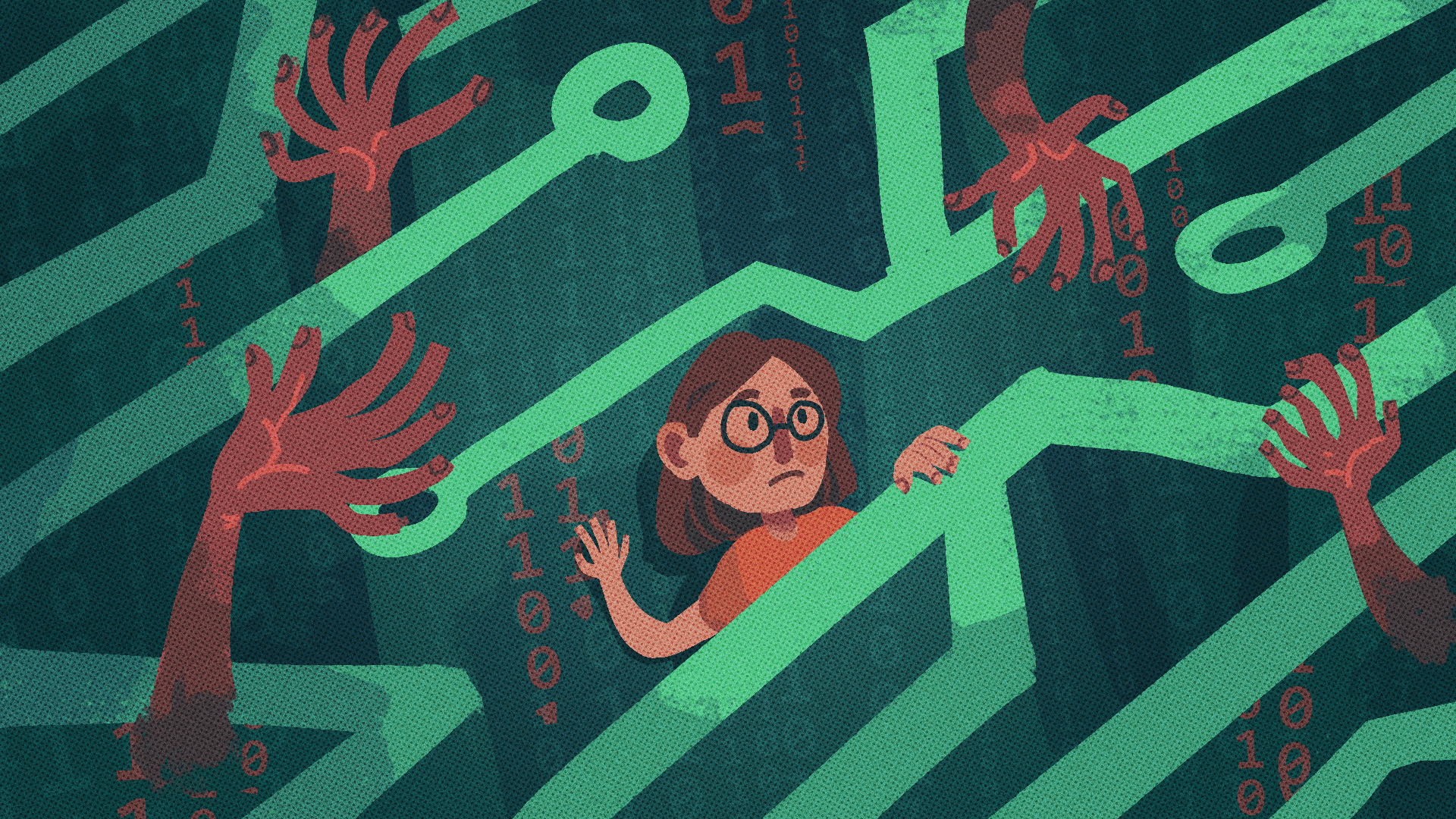SUMMARY
This is AI generated summarization, which may have errors. For context, always refer to the full article.

Artificial intelligence. Machine learning. Deep learning algorithms. They obviously aren’t new terms, but 2023 almost feels like a tipping point for the technology. It’s a heady, dizzying time for these technologies that, at the very core, process massive amounts of data, analyze specific patterns like how humans construct sentences for example, and then, from these “learnings,” generate new output like the current AI darling ChatGPT, which has the undeniably impressive ability to generate coherent, usable writings.
ChatGPT is the tip of the iceberg. There’s an entire ecosystem of apps that are ready or being built that make use of some form of AI to perform a litany of creative tasks that we had once thought the exclusive domain of humans from making new visual images, computer code, slides for a presentation, interview transcriptions, or generating quick video edits. It’s exciting because they’re almost too easy to use, and they produce usable results – and excellent ones with some practice from the human providing the input.
To me, this feels as big as the smartphone revolution and the arrival of social media. Both were massively disruptive, and AI’s looking like the best bet right now to be just as disruptive. I’ve sometimes found myself thinking, half-jokingly perhaps but also with some sense of anxiety, “Boy, I have to find ways to remain useful as a writer.” I can speak on behalf of newsrooms – it’s a tool we can feel the potential of, and something to quickly adapt to the same way the industry adjusted to mobile phone usage and the rise of social media.
Remember when Time awarded “You” as person of the year, referring to Web 2.0 and how it connected people, and allowed for the prospering of user-generated content? AI might just be in the running soon.
Read what they wrote then: “Web 2.0 is a massive social experiment, and like any experiment worth trying, it could fail. There’s no road map for how an organism that’s not a bacterium lives and works together on this planet in numbers in excess of 6 billion. But 2006 gave us some ideas. This is an opportunity to build a new kind of international understanding, not politician to politician, great man to great man, but citizen to citizen, person to person. It’s a chance for people to look at a computer screen and really, genuinely wonder who’s out there looking back at them. Go on. Tell us you’re not just a little bit curious.”
Now let’s switch things up for AI: “AI is a massive experiment, and like any experiment worth trying, it could fail. There’s no road map for how an organism that’s not a bacterium lives and works together on this planet in numbers in excess of 8 billion. But 2023 gave us some ideas. This is an opportunity to build a new kind of international understanding, not politician to politician, great man to great man, but citizen to citizen, person to person, person to computer. It’s a chance for people to look at a computer screen and really, genuinely wonder who’s out there looking back at them. Go on. Tell us you’re not just a little bit curious.”
On the flip side, aside from the current ethical concerns on AI, especially with those generating visual images, there’s a need for immediate scrutiny. The world must not let AI startups – possibly the future Big Tech firms – become the Big Tech that we know today. Take Facebook, for instance. Everyone loved it until we finally got more understanding of how exactly the business was working, and what we were giving away for the “free” service.
How will this new crop of AI companies make their money this time around? How will they use our data? When we use their services for free, how much are they also benefiting? Immediately, coming from the era of Facebook, AI tech companies’ use of our data becomes an important question to keep asking. And for the nascent industry, there will be more questions than answers in these early days, and our job would be to ask more than we did when all these social media companies were coming up, lest we find ourselves in yet another awkward Facebook situation – “Zuckerberg, you fool, you didn’t tell us this was what you were doing!”
How will AI affect disinformation? How will the education sector adapt? How do we, journalists, adapt? How will it accelerate the sophistication of cyber attacks? How will current Big Tech companies implement more AI tools? Someone make a crystal ball AI please. – Rappler.com
Add a comment
How does this make you feel?
There are no comments yet. Add your comment to start the conversation.